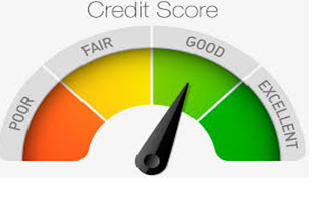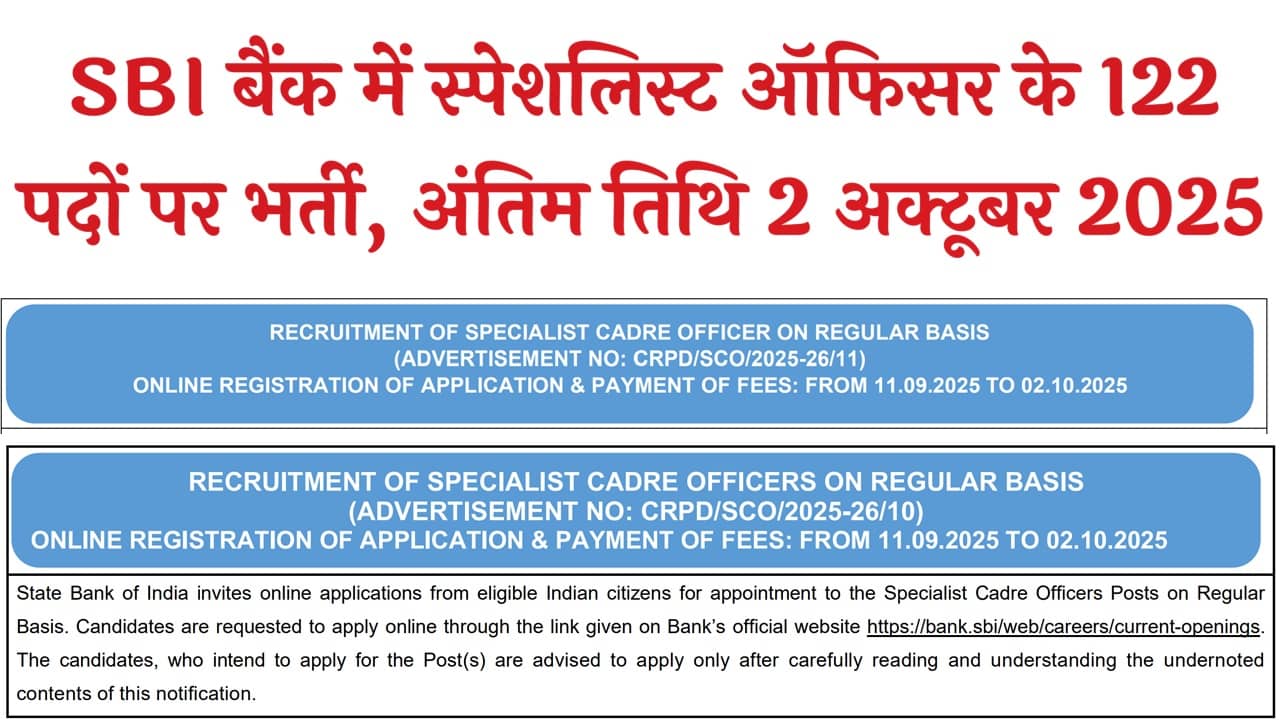
Personal Loan
Having a poor credit score or no credit history can make it challenging to access financial opportunities. However, it’s important to remember that a low or no CIBIL (Credit Information Bureau India Limited) score is not the end of the road. In this article, we will explore practical steps and strategies to help consumers rebuild their financial health and improve their creditworthiness.
Loan is an important source of money for personal or business growth and development. Sadly, many individuals who require loan are unable to access it when they most need it due to No CIBIL score or low CIBIL score. Credit score is one of the main factors for the banks, insurance companies and other financial institutions to decide on the creditworthiness of individuals. Many individuals who have low CIBIL score or no CIBIL history are usually denied credit and stand no chance to avail loan from any bank.

1. Understanding Credit Scores:
Before diving into the steps for improvement, it’s essential to understand how credit scores work. CIBIL scores range from 300 to 900, with higher scores indicating better creditworthiness. No CIBIL score means no credit history, while low or bad scores suggest a history of missed payments, defaults, or high credit utilization. Improving your credit score requires a proactive approach and consistent financial discipline.
2. Review Your Credit Report:
Start by obtaining a copy of your credit report from CIBIL or other credit bureaus. Carefully review the report for any errors, discrepancies, or inaccuracies. If you find any, promptly dispute them with supporting documentation to ensure your credit report reflects accurate information.
3. Pay Bills on Time:
Consistently paying your bills on time is the most crucial step in rebuilding your credit score. Whether it’s credit card bills, loan installments, or utility payments, make timely payments a priority. Set up reminders, automate payments, or create a budget to ensure you meet all your financial obligations promptly.
4. Reduce Credit Utilization:
High credit utilization can negatively impact your credit score. Aim to keep your credit utilization ratio below 30%. Paying down existing debt and avoiding maxing out your credit cards can help lower your credit utilization and improve your creditworthiness.
5. Build a Positive Credit History:
If you have no credit history, it’s essential to start building one. Consider applying for a secured credit card or a credit-builder loan. These financial products are specifically designed for individuals with limited or no credit history. Make small, manageable purchases and pay them off in full and on time every month to establish a positive credit history.
6. Maintain a Low Credit Card Balance:
Keeping your credit card balances low demonstrates responsible credit management. Avoid carrying high balances or maxing out your credit cards, as this can negatively impact your credit score. Aim to pay off your balances in full each month or keep them as low as possible.
7. Avoid Frequent Credit Applications:
Applying for credit too frequently can raise red flags for lenders and negatively impact your credit score. Each credit application results in a hard inquiry on your credit report. Be selective and apply for credit only when necessary. Research and choose credit options that align with your financial needs and creditworthiness to avoid unnecessary inquiries.
8. Seek Professional Guidance:
If you’re struggling to improve your credit score or navigate through financial challenges, consider seeking professional guidance. Credit counseling agencies or financial advisors can provide valuable insights and strategies to help you regain control of your financial health. They can assist in creating a personalized plan to address your specific credit concerns.
9. Set Realistic Financial Goals:
Rebuilding your credit score takes time and patience. Set realistic financial goals and create a budget that allows you to meet your obligations while gradually improving your creditworthiness. Prioritize paying off high-interest debts and make a plan to reduce your outstanding balances. By setting achievable goals, you can stay motivated and track your progress as you work towards a stronger credit score.
10. Communicate with Creditors:
If you’re facing financial difficulties and struggling to make payments, it’s crucial to communicate with your creditors. Contact them proactively to discuss your situation and explore options such as restructuring your payment plan or negotiating a settlement. Many creditors are willing to work with you if you demonstrate a genuine commitment to resolving your debts.
11. Avoid Debt Settlement Companies:
Be cautious of debt settlement companies that promise quick fixes for your credit issues. While they may claim to negotiate with your creditors on your behalf, these companies often charge high fees and can potentially harm your credit further. It’s best to work directly with your creditors or seek guidance from reputable credit counseling agencies.
12. Practice Responsible Borrowing:
Once you start rebuilding your credit, it’s important to practice responsible borrowing habits. Avoid taking on excessive debt and only borrow what you can comfortably repay. Make timely payments on any new credit accounts you open and keep your credit utilization low. Responsible borrowing habits will help you maintain a positive credit history and continue improving your creditworthiness.
13. Monitor Your Progress:
Regularly monitor your credit report to track your progress and ensure that it accurately reflects your financial behavior. Check for any errors or discrepancies and address them promptly. Some credit monitoring services can provide alerts for changes in your credit report, helping you stay informed and proactive about your credit health.
14. Stay Consistent and Patient:
Rebuilding your credit score is a journey that requires consistency and patience. It may take time to see significant improvements, but by staying committed to responsible financial habits, you can gradually rebuild your creditworthiness. Celebrate small victories along the way and remember that every positive step contributes to a stronger credit profile.
Credit Information Bureau:
Established in 2000, Credit Information Bureau (India) Limited (CIBIL) deals with credit records of consumers, companies and other institutions. Its mandate is to enhance transparency, efficiency and accountability on matters of credit access. To achieve this mandate, CIBIL checks on the credit activities of people and firms. It follows up on the history of credit card and loan repayments. Financial institutions submit their client’s credit records on a pre-agreed regular basis, usually every month. It is this data that CIBIL uses to issue a credit score or a Credit Information Report. This report is used by banks, insurance companies, government departments and mobile phone companies to assess the creditworthiness or risk factors associated with their clients and potential clients.
Being a world class institution, CIBIL partners with two international credit bureaus: Dun & Bradstreet and TransUnion International.
CIBIL Score?
The CIBIL score is obtained from an individual’s credit history as given to CIBIL by financial institutions. CIBIL periodically receives information pertaining to amount the individual has borrowed, patterns of repayment and defaults from the financial institutions. Using this data, CIBIL generates a three digit number that is referred to as the credit score. This number ranges from 300 points to 900 points, and the higher the points, the more positive is the CIBIL score. The credit score is generated from data from not less than six months of an individual’s financial history. It is informed by the following factors:
· 35% is based on your repayment history. A single default can have a negative bearing on your credit score. For you to have a good credit score record, you need to ensure that all loan and credit card repayments are done on time, every time.
· 30% is determined by what you repay to your creditors. This is derived from comparing the credit card amount allowed to you and the percentage of your money that you are using up. A credit card utilization ratio of over 30% is taken to be risky.
· 15% is based on the period taken to faithfully service the balance due. The longer the period, the better. A borrowed amount that has been faithfully and responsibly repaid for a long period of time attracts a good score.
· 10% is determined by the amount of new credit you have requested for. Each time you make a credit request, the lender will make an inquiry on your CIBIL score. The more applications you make, the more the Inquiries will be, and this will negatively impact on your score.
· 10% is based on multiple types of credit. The more diverse your credit mix, the better. Consider taking a credit card, unsecured personal loan and the secured loan variation to improve your score in this area.
Why CIBIL Score is important to you?

Being the key measure used by banks to determine your creditworthiness, CIBIL score is important to you for the following reasons:
· It gives financial institutions information on your spending discipline and history of debt repayments.
· You get an opportunity to study your strengths and weaknesses in financial matters, and it gives you a chance to take remedial measures if necessary.
· It is a single reference point for your current and past credit history
· Facilitate the loan approval and disbursement process since no time is wasted in doing background checks.
· The process of loan application and approval is transparent and trustworthy because the information on CIBIL scores is readily available to both the client and the financial institutions.
· A good credit score means that the customer gets cheaper loan rates form lenders. The customer has the advantage of getting offers from multiple financial institutions.
No CIBIL Score
A CIBIL score is generated if you have taken a loan – whether secured or unsecured. The rating can also be generated form a credit card payment history. Lack of any of these signifies lack of clarity, and you will have a negative CIBIL score, i.e. -1. Many times, people with low CIBIL tenure have their credit card applications rejected by most financial institutions. The CIBIL score can be raised by taking a credit card and repaying any outstanding amounts on the due date. Another way would be to take an EMI free loan from a reputable lender, and ensure that you make the repayments on time.
Low CIBIL Score/No CIBIL Score?
Many financial institutions will frown on individuals with no credit history or poor repayment history. Sometimes people who genuinely need credit facilities are cut off in this way. Fortunately there is a perfect solution for such people. Individuals with zero credit history in need of a personal loan no longer need to struggle. Fintech companies like Loan go beyond the obvious credit rating. They consider the overall case merits rather than relying solely on CIBIL Score. They understand that a case of low CIBIL can be as a result of not just poor credit history, but the huge number of credit inquiries that often flood financial institutions or some temporary financial problem which may have occurred but is over now.
People with a zero or low CIBIL score no longer need to be disadvantaged. Consider taking an EMI Free Loan of up to 10 Lakhs with Loan to help meet your financial needs. Such a loan is ideal for salaried individuals who desire a repayment scheme that will be tailor-made for their convenience. The interest on the loan is serviced on a monthly basis, and is charged under simple interest calculation.
There is a need to look at the overall case merit of each individual as opposed to deciding based on CIBIL only.
Conclusion:
While a low or no CIBIL score may present initial challenges, it’s important to remember that it’s not a permanent situation. By following these steps and adopting responsible financial habits, you can rebuild your creditworthiness over time. Be proactive, stay committed, and seek guidance when needed. With determination and patience, you can pave the way for a brighter financial future.
Related Articles
- Factors Affecting Your CIBIL Score
- Good Credit habits are here: How to build High CIBIL Score
- Why You Should Consider Debt Consolidation – Managing Debt (Part 1)




